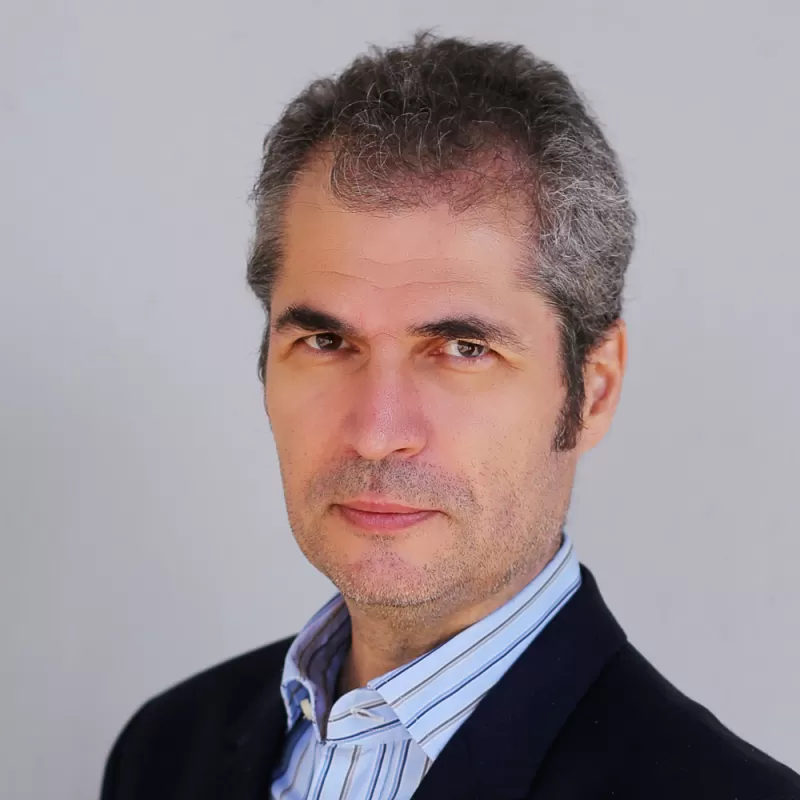
Journalist, documentary filmmaker and nonfiction writer. He has been working in television and radio for over 25 years, as a presenter and producer of various TV formats. He is a producer at TVR. He was a project manager at Radio Romania Chisinau, a station launched in 2011. The most recent documentary is War and Peace in Ukraine (2019); the latest published book is Matryoshka of Liars: Fake news, manipulation, populism (Bucharest: Humanitas, 2018). He has received several national and international awards, most recently the Gold Medal from the United Nations Correspondents Association for the documentary Exodus: A Syrian Tragedy (2015). He was awarded The National Order of Faithful Service in the rank of Knight (2014).

Why the year 2024 is a test for liberal democracies around the world and disinformation might be fatal to them.

Literature helps us understand the act of justice. To overcome the traumas, inherited from victims or executioners, we need both literature and justice. Writer and international law expert Philippe Sands explains how he embarked on a real-life Nazi literary hunt and why it's still relevant today.
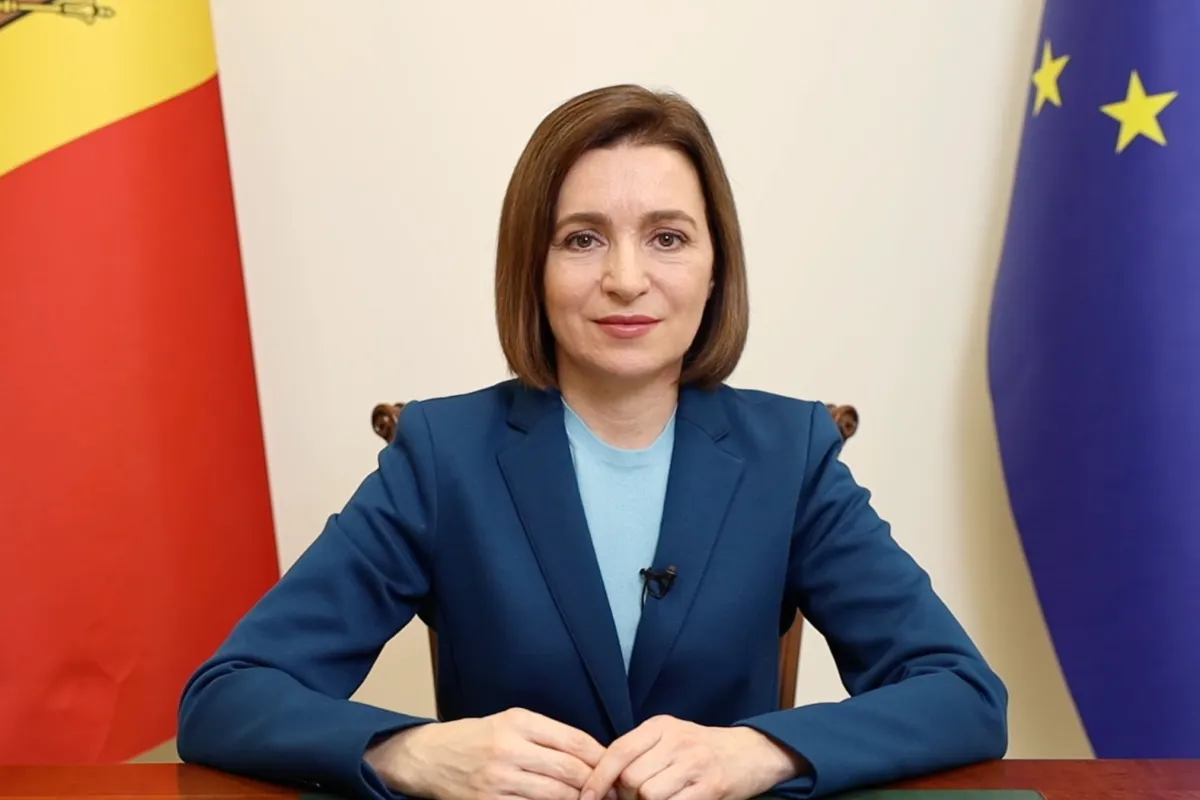
The Republic of Moldova will join the EU by 2030, believes President Maia Sandu. In an exclusive interview, Maia Sandu also spoke about Russia's pressure on Moldova.
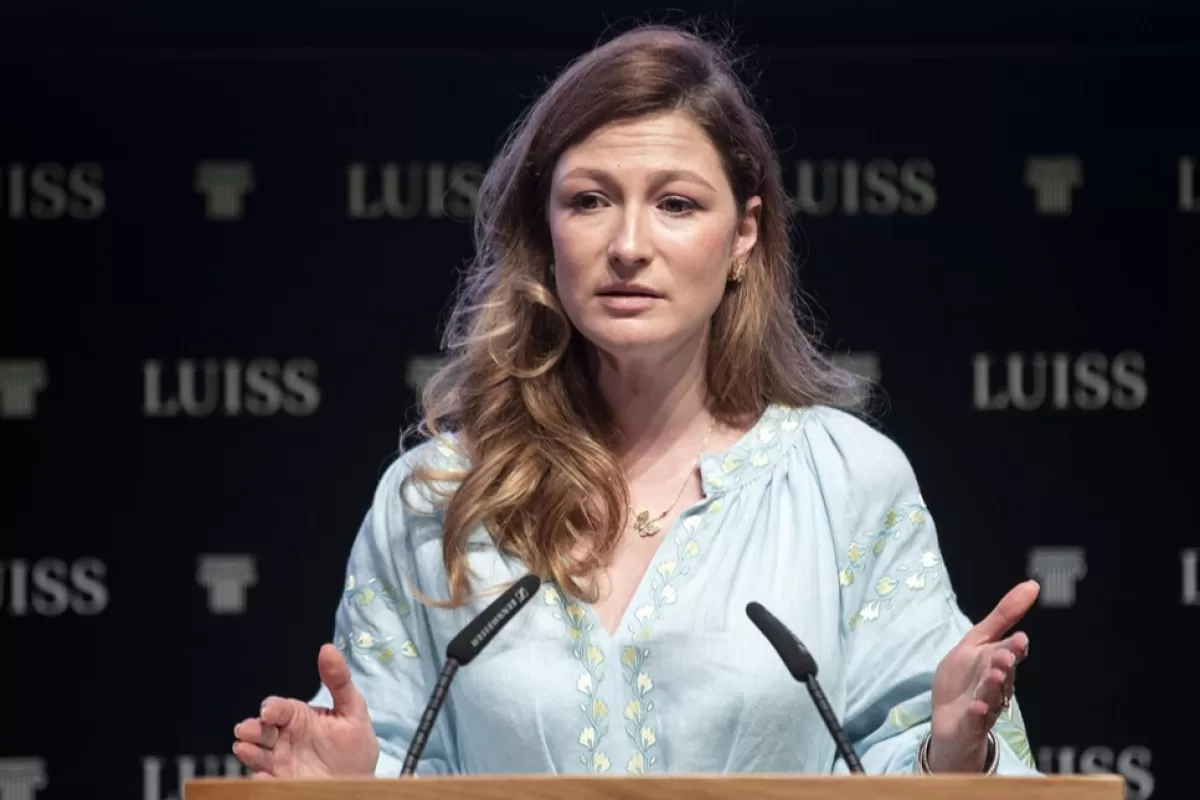
Crimean Tatars were the first victims of Russian aggression in Ukraine and continue to be persecuted by Moscow, according to Kiev's Deputy Foreign Minister Emine Japarova. In an interview with Veridica, Japarova, who coordinates the strategy of the Crimea Platform and is responsible, among other things, for public diplomacy and the relationship with international organizations, explained how Russia violates the Geneva Conventions and why its crimes in Ukraine can be considered a genocide.
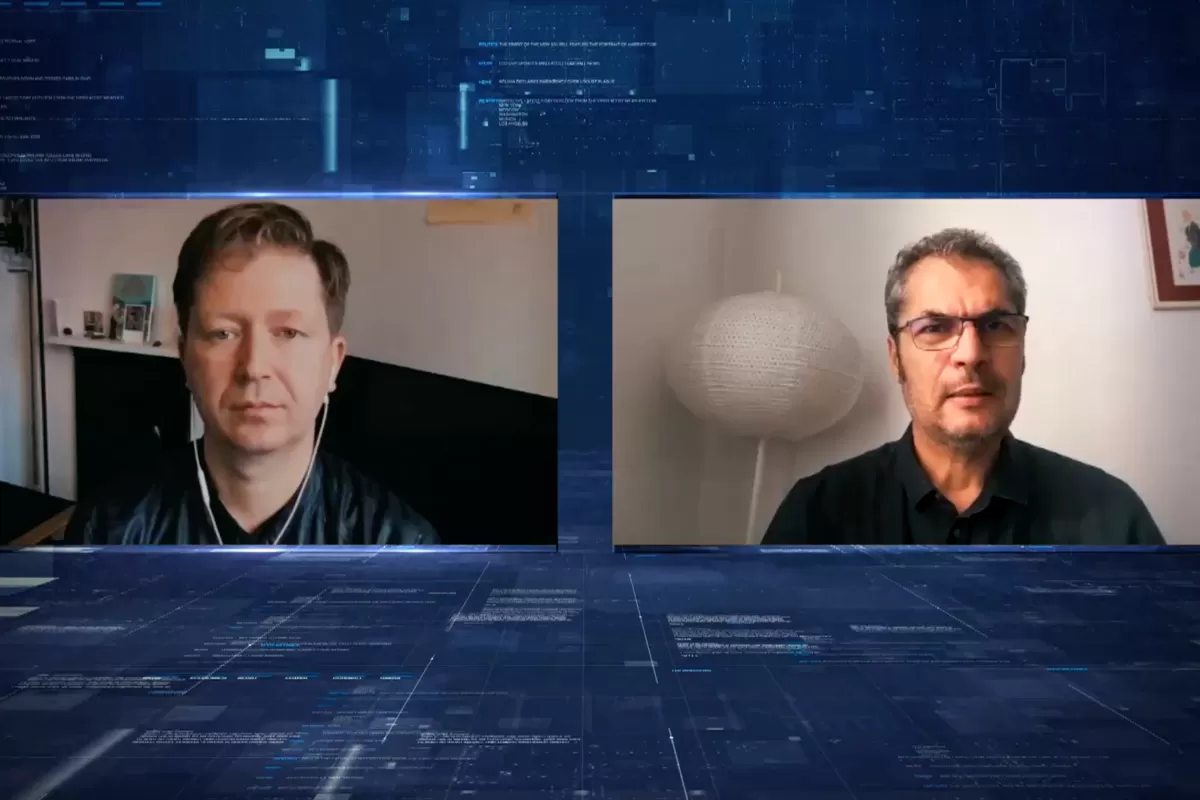
Putin's Russia is becoming more and more like Stalin's Russia, according to journalist Andrei Soldatov, one of the most respected experts on the Russian secret services. In an interview with Veridica and TVR, Soldatov explained how Putin corrupted Russian society, why the FSB is the successor to the Soviet KGB, what the methods and mentality of intelligence officers are, and how they came to believe and trust him also convince Putin that a war in Ukraine was necessary.

Vladimir Soloviov is a Russian journalist based in the Republic of Moldova. He writes for Kommersant. Veridica spoke with Mr. Soloviov in Chisinau about the political developments in the Republic of Moldova, Russia’s imperial claims and the war in Ukraine, but also about the almost non-existent relationship between Russia and Romania.

Historian Mark Galeotti, who specializes in Russian history and politics and one of the Western experts who followed Vladimir Putin before he became president, believes that the Kremlin leader is primarily responsible for the strategic mistakes made by the Russian army in Ukraine. Professor Galeotti also spoke about the nature of power in Russia and the links between the state, oligarchs, secret services and organized crime.

One of the most recently developed conspiracy theories is the one about the “Great Reset”, whereby the “World Government” is purportedly seeking to establish a totalitarian regime on a global scale.

Românii au încercat timp de mai bine de o sută de ani să rezolve diferendul privind Tezaurul aflat la Moscova în diferite formate. Nu au reușit. Restituirile din 1935 (arhive) și 1956 (patrimoniul artistic) s-au datorat „bunăvoinței” și „mărinimiei” Moscovei, după cum arătau oamenii politici ai vremii, nu solicitărilor Bucureștiului. Acesta a încercat de câteva ori să internaționalizeze litigiul, reușind o singură dată, la Conferința de la Genova din 1922, dar fără urmări. Rezoluția Parlamentului European din 14 martie 2024 este al doilea act internațional de după 1917 care cere Rusiei să restituie României Tezaurul confiscat.

On February 24, 2022, the free world woke up to a dystopia. It had believed in peace more than it did in the signs of war, and had invested Putin with its good faith, just as it had done with Hitler in the years leading up to World War II. Russia has reintroduced large-scale war into a post-modern, hedonist society whose instincts were weakened by peace and prosperity, thus restoring evil to a global standing. Prior to the launch of the invasion, Europe hadn’t seen an interstate conflict in over 75 years. Any counterfactual examination is obviously pointless, but still, the question remains: how could the West fail again to foresee the predictable advent of a totalitarian regime with fascist overtones and the start of a new war in Europe?

The decision of the four countries to leave the International Investment Bank (IIB), also known as the “Russian Spy Bank”, came within days of Russia invading Ukraine. The legal proceedings were cumbersome in certain countries, due to the financial risks such a move entailed. Set up in 1970, the Bank continues to operate today in Budapest, although key decisions are taken in Moscow.

Syria remains a country ravaged by conflict and a deep humanitarian crisis, a place of conflicting interests of multiple state and non-state actors, says the Chargé d'Affaires of the European Union to Syria, Dan Stoenescu*. In an interview for TVR and Veridica, Dan Stoenescu explained that, although it doesn’t recognize the Assad regime, the EU keeps communication channels open in order to provide assistance to the Syrian people. The EU official also spoke about the link between the war in Syria and the one in Ukraine.
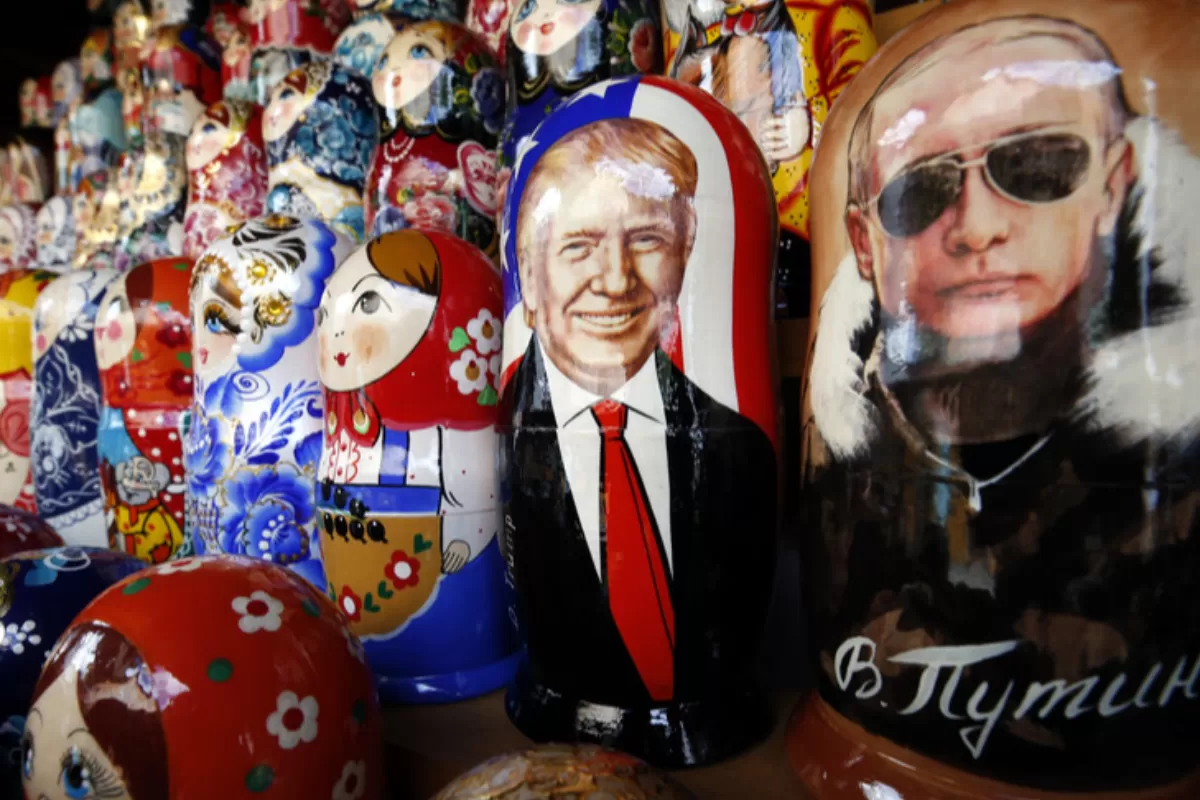
The coronavirus pandemic was accompanied by a genuine wave of fake news, the second in merely a decade. The false narratives in this wave are repurposed and updated: the disinformation they spread are disguised to come across as local topics and concerns. The Kremlin has thus adjusted its strategy for spreading disinformation to Romanians’ notorious Russophobia.